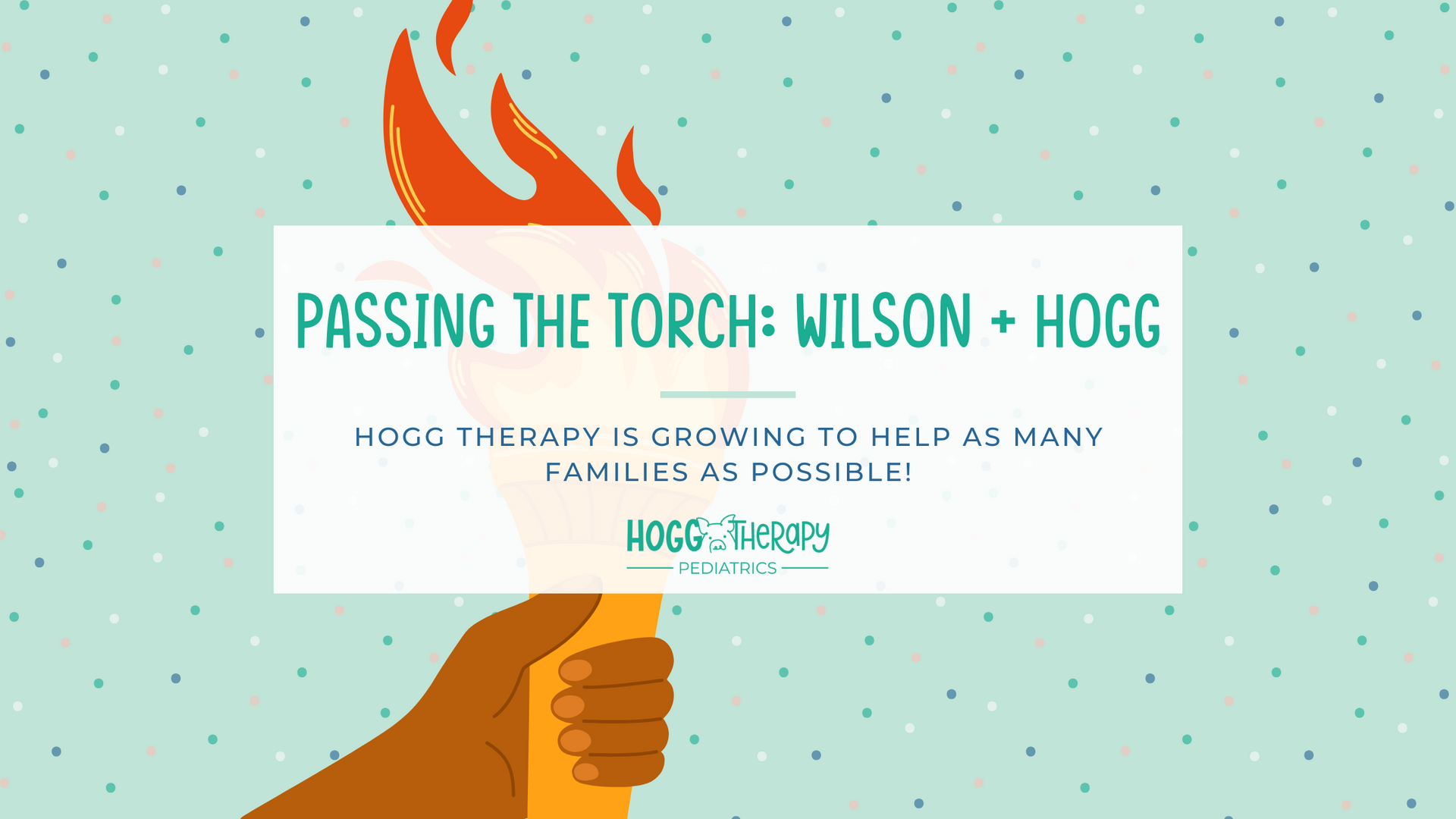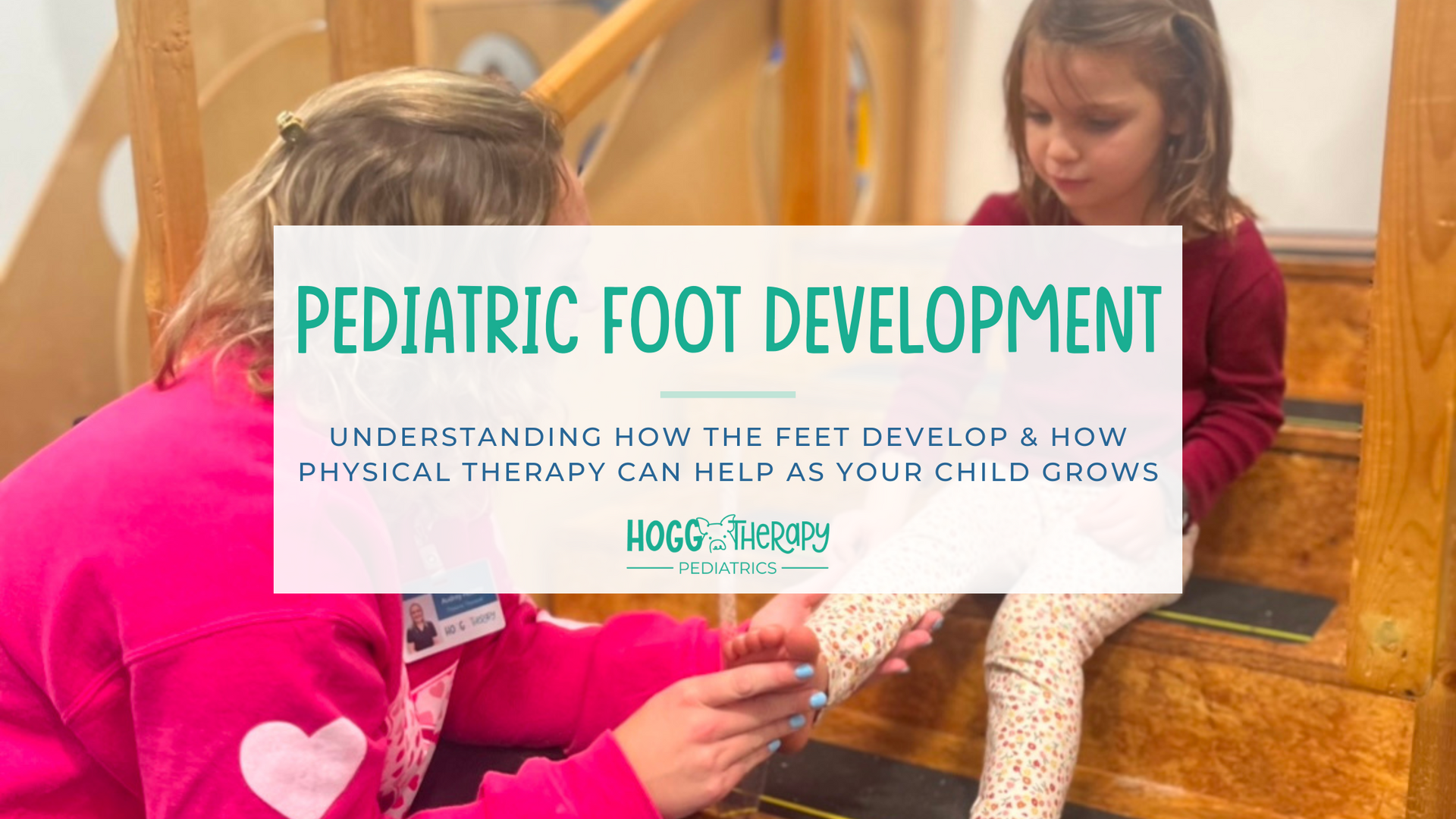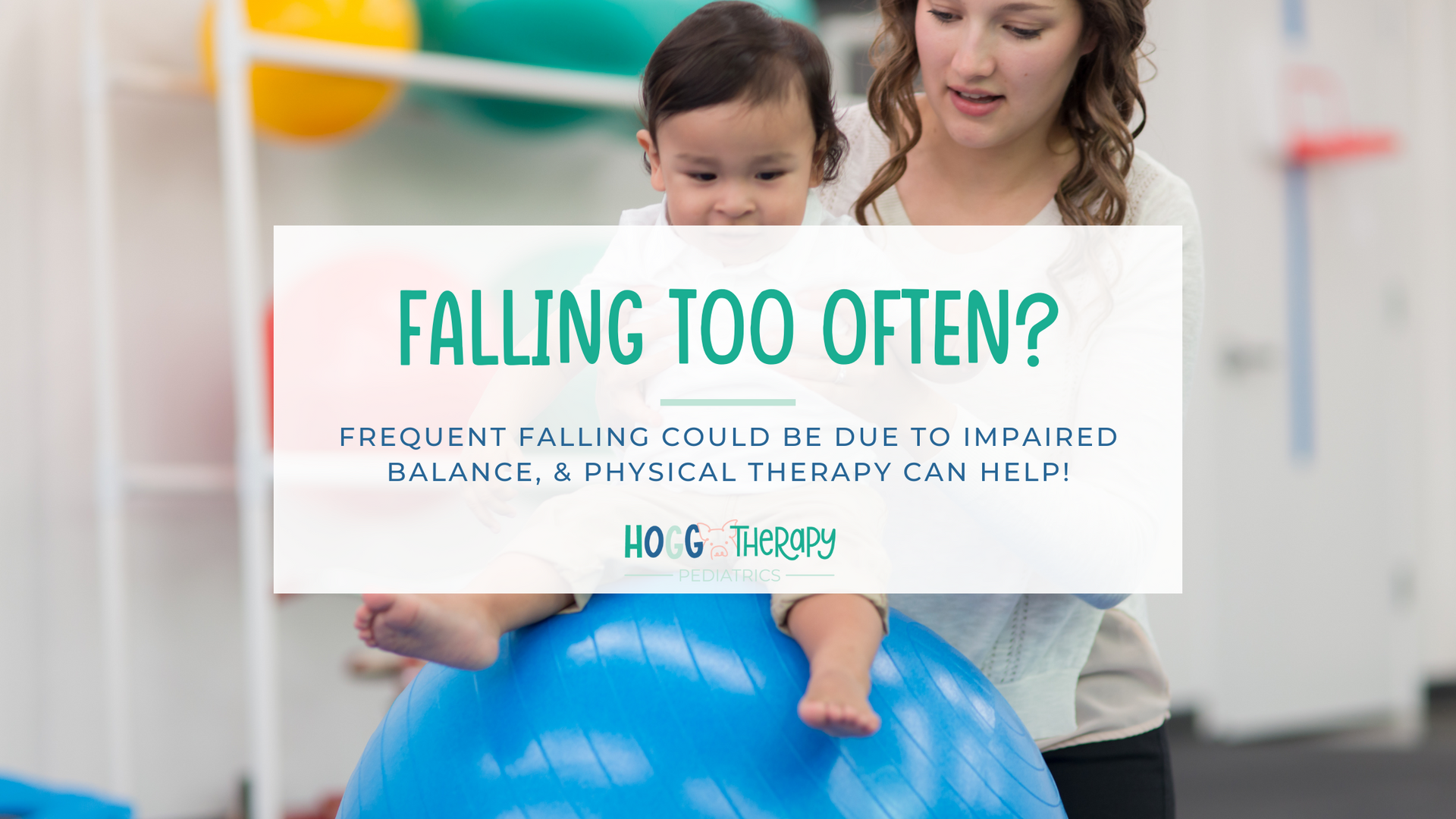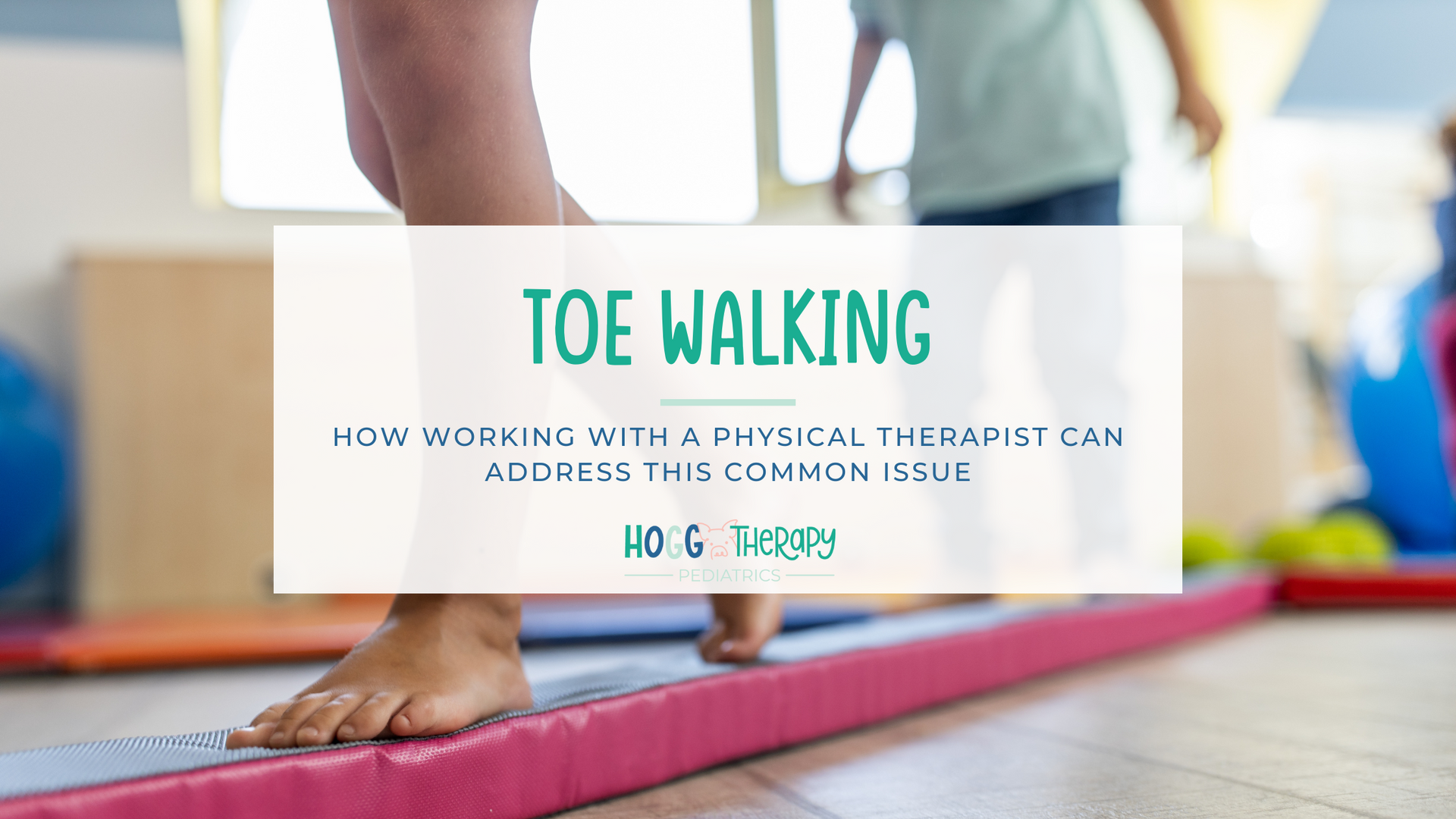Therapy and Breastfeeding
Breastfeeding is a great way to provide nutrients to your baby and promote bonding between the nursing parent and infant

Amanda Dyer, M.S., OT
“How can therapy services help with breastfeeding?”
Breastfeeding is a great way to provide nutrients to your baby and promote bonding between the nursing parent and infant. Therapy services can help with breastfeeding in the following ways:
Oral motor skills
Speech therapists can assess a child’s oral motor skills and structures that may impact feeding, including sucking, swallowing, tongue movements, and jaw movements. They can provide exercises to promote strength, coordination, and endurance while eating.
Regulation
Infant massage trained therapists can promote relaxation and decrease stress during feeding times. Occupational therapists can provide sensory stimulation activities to decrease sensitivity in the mouth.
Positioning
Occupational and physical therapists can address positioning and motor skills that may be causing discomfort or instability during feeding
Torticollis
Uneven or tight muscles in the neck can cause a baby to favor nursing on one side over the other due to discomfort
Tethered Oral Tissue
Therapists can assist with pre- and post- frenectomy protocols to assist children who have had oral ties released
Red Flags that Your Child May Need Therapy to Help with Breastfeeding
- Painful latch
- Red, misshapen, or blistered nipples in the parent
- Pushing away or refusing the breast
- Coughing, gagging, or choking while nursing
- Falling asleep before finishing a feeding
- Unlatching and re-latching frequently during a feed
- Arching back and/or crying when attempting to feed
- Refusing to nurse from one side consistently.
Not Breastfeeding?
Therapy services can help with bottle feeding by assessing many of the same skills listed above, as well as adapting bottle systems to meet an infant’s needs.





















